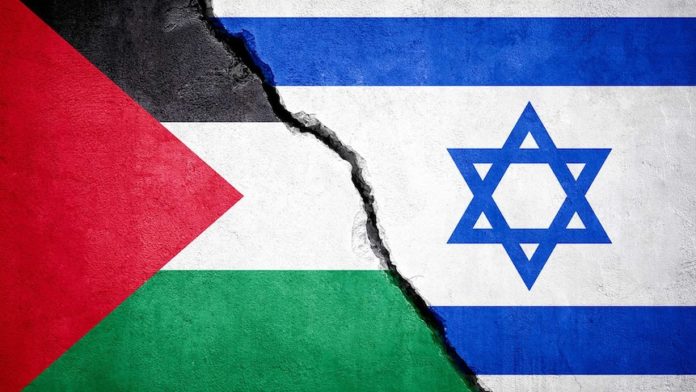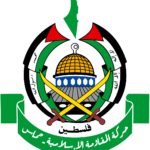
by Riccardo Cacelli
London – Today’s attack by Hamas is the latest chapter in a long war between Israelis and Palestinians.
A chapter that we hope will remain local and will not turn into a wider war with the participation of other countries.
The Israeli-Palestinian conflict originates in the early 20th century and is part of the larger Arab-Israeli conflict.
Four main obstacles to conflict resolution have been identified:
1) the creation of secure and defined borders;
2) control of Jerusalem;
3) Israeli settlements;
4) the right of return of Palestinian refugees.
To these points of controversy must be added other obstacles: – politically motivated killings of Israeli or Palestinian civilians (including children and women from both sides) – Palestinian freedom of movement – Israeli security – other human rights issues.
Various attempts have been made to negotiate a two-state solution, which would involve the creation of an independent State of Palestine alongside the State of Israel.
We remember that on the night between July 2nd and 3rd, the military operation against the Israeli army was launched in Jenin.
Jenin, a city in the West Bank and home to one of the largest Palestinian refugee camps, suffered an air and ground offensive with an intensity of fire and a deployment of men and equipment that had not been seen for at least twenty years.
The authorities of the Jewish state described the initiative as an anti-terrorism operation.
It is right to know that Netanyahu’s is the most right-wing government in the history of the Jewish state.
The parties that are part of it defend conservative and ultra-Orthodox positions and contest the idea of the “two-state solution” for the Israeli-Palestinian conflict – a formula that would like to establish a Palestinian state in the West Bank. Among the first decisions of Netanyahu’s executive were the legalization of nine Israeli settlements in the West Bank and the approval of the construction of new settlements.
The international community has denounced Israeli settlements in the Palestinian territories as illegal and considers them the main obstacle to achieving peace. Hamas’s response today.
 WHO IS HAMAS
WHO IS HAMAS
Hamās, acronym for Ḥarakat al-Muqāwama al-Islāmiyya (Islamic Resistance Movement) is a far-right Palestinian Islamist, Sunni and fundamentalist political and paramilitary organization.
It has a military wing and is considered a terrorist organization by the European Union, the Organization of American States, the United States, Israel, Canada, by a court in Egypt and by Japan, and is banned by Jordan, while Australia, New Zealand, Paraguay and the United Kingdom classify only its military wing as a terrorist organization. Founded by Sheikh Ahmad Yasin, ʿAbd al-ʿAzīz al-Rantīsī and Mahmud al-Zahar in 1987 under the pressure of the start of the first intifada as an operational arm of the Muslim Brotherhood to fight the State of Israel with acts of terrorism, Hamas has committed and claimed responsibility for several suicide attacks against Israeli civilians.
Since 2001, it has repeatedly attacked Israel with rockets and was accused by HRW of war crimes and crimes against humanity.
Hamas also runs extensive social programs, and has gained popularity in Palestinian society with the establishment of hospitals, education systems, libraries and other services throughout the Gaza Strip.
Riccardo Cacelli
r.cacelli@cacelli.com



